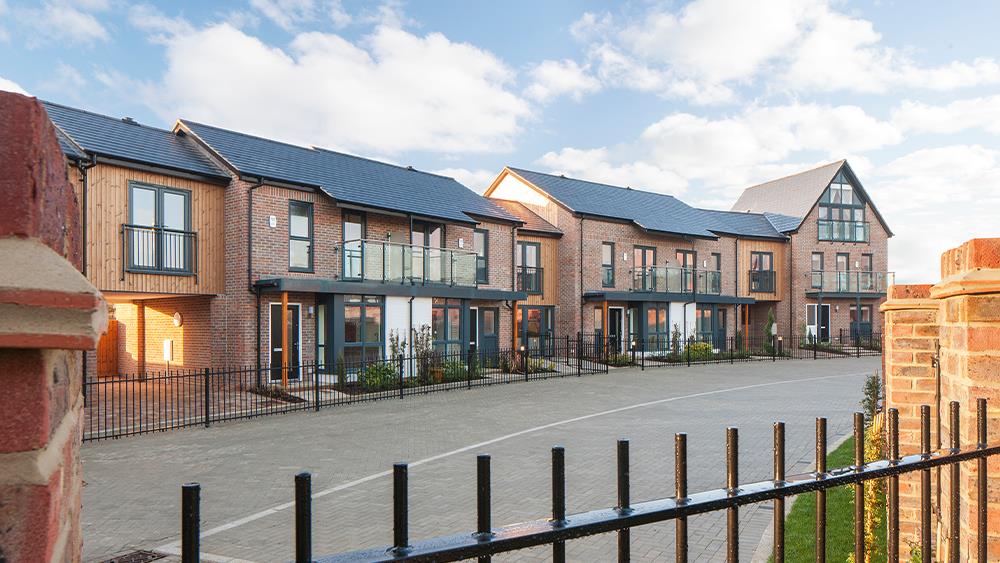

The Structural Timber Association wants to see the adoption of more sustainable construction methods such as structural timber, that offers a speedy and clean approach to meeting current and future housing demands.
The Structural Timber Association is calling on the incoming Government to honour its election pledges, by prioritising sustainable housing solutions as a means of achieving Net Zero.
Andrew Carpenter, Chief Executive Officer, said: “The General Election has been a significant milestone for the housebuilding sector, with Labour pledging to build 1.5 million homes during the next five years. Now, it’s crucial that Prime Minister Keir Starmer makes good on his election promises by implementing a clear strategy to deal with the housing shortage
“However, it’s important to emphasise that simply building more houses is not enough – this is a unique opportunity to revolutionise the way we build our homes in the UK. Adopting more sustainable construction methods such as structural timber, offers a speedy and clean approach to meeting current and future housing demands.
“What’s more, we urge the new Government to renew the commitment to increasing the use of timber that was established with the Timber in Construction Policy Roadmap, published by DEFRA in December last year. Increasing the use of timber presents a viable solution to both the housing shortage and the UK’s legally binding Net Zero obligations – it’s imperative that the progress we have already made is not lost in the change of Government.”
Carpenter also highlighted that structural timber solutions are well-positioned to deliver on multiple fronts. Construction times are much quicker than traditional methods due to the structures being manufactured offsite, ensuring timely delivery of much-needed homes.
What’s more, offsite assembly of structural timber houses is a clean method of construction, leading to less waste, reduced labour requirements and less disruption on site. Finally, as timber is a renewable and low carbon material, it offers a truly sustainable and long-term solution to the housing shortage, while also contributing to the UK’s Net Zero obligations.